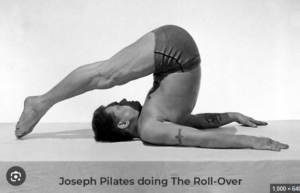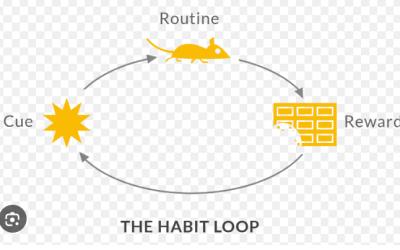Digital Declutter – why we need it
We are a ‘’digitally caffeinated culture’’ suffering from ‘’techno exhaustion’’.
Can you believe that less than 15 years ago the following things didn’t exist:
- smartphones
- apps
We lived in a world where we looked up, not down. We had daily experiences of boredom: waiting in a queue at the supermarket, or the toilet, or the bus stop, or the coffee shop. We waited until we met up to fill one another in on the day’s news. And when we met up we talked. We sat down together to watch the world’s daily news. We ate our food without needing to record it. And when we were eating we talked. We kept our word – if we said we would be there, we would turn up.
Now, the average person spends 3 hours per day on their mobile. We spend 2h 22m on social media and messaging services. We check email 45 times. We touch, tap or swipe a staggering 2,617 times.
Time – and how we spend it
How often have you lamented about the lack of time that you have to do something?
I know I could be an amazing guitar player, just like Slash from that Guns n Roses video November Rain (I have the hair and everything), but I’ve just never had enough time to dedicate myself to learning. Would 3 hours per day be enough to make me good? I’m pretty sure it would.
Yes, digital technology is amazing. As a tool. As a tool that I choose to use to make my life better / easier / more connected. And that’s the crux of it for me; it has to come down to choice. I choose how I behave with digital technology. I choose what applications I will use, and more importantly, I choose how I will engage with them; how much time, energy and headspace I will give to them.
Because if we don’t choose, it chooses for us. Have you ever found yourself ‘mindlessly scrolling’? Daily sure, says you. Do you get excited by a ping of notification, and stop what you’re doing (working, walking, talking to someone) in order to check what delight is awaiting you? Have you fallen down rabbit holes by clicking through links that lead to links that lead to more and 45 mins later you emerge, having just gasped at the iguana being chased by the snakes in that David Attenborough video? When all you originally went on there to do was fact check a statistic for an important presentation you were putting together?
Rather than mindlessly scrolling, can we embrace a regular habit of digital declutter?
What price are we paying? What value are we deriving?
Ask yourself, what is the cost, to your communication skills, to your relationships, to your own sense of wellbeing and headspace, of all of the digital noise that you allow in to your life? Because ‘clutter is costly’. What value are you deriving from your digital clutter? What is it costing you? Is it worth it?
Be practical in your assessment. Work backwards if you like. Ask yourself, what are the benefits to me of using this digital device / service? How much time am I devoting to gain that benefit? I’ve just removed the Twitter app from my phone. I haven’t deleted it. I can access it through my desktop. I was spending about 15 minutes per day on Twitter, which is 1 hour 45 mins per week. So what value was I deriving from that time? Not a thing. Truly. Nothing of benefit came of those nearly 2 hours spent. That’s 3% of my week. Seems small enough to not matter right? But that’s just one social platform.
Let’s go back to that daily average figure of 2 hours 22 minutes. That now becomes a fairly whopping 10% of the week. Spent on social media platforms. Which is absolutely fine, if you can say that the benefits gained from being on there are worth the 10% of your life that you have exchanged for it.
Education is key
For me, the key is in education. We need to educate ourselves around the technology, and make choices from there about how we will behave with it. We need to understand how the technology is engineered, and how we are being used as the end product and not the innocent user. We need to address how it impacts our lives in terms of our communication skills, relationships, wellbeing and employability. We need to take heed of the emerging science and research that is coming through that is presenting some stark findings; such as the fact that our young people have never been so physically safe, yet so mentally distressed.
Then, once equipped with the education, and understanding better how we want to use the technology, we can make informed choices as to how we choose to use it, intentionally, in order to enhance our daily lives.
Digital technology is amazing. It can be hugely beneficial to our lives. And it is never going away. I’m not in the least anti-technology. As an appropriate tool, it enhances my life in many ways. But in the words of Seth Godin ”you’re not the user, you’re the product. Hang up, log off, and tune in to a different way to be in the world.” Embracing digital declutter isn’t an odd thing to do, it’s the sane thing to do.



